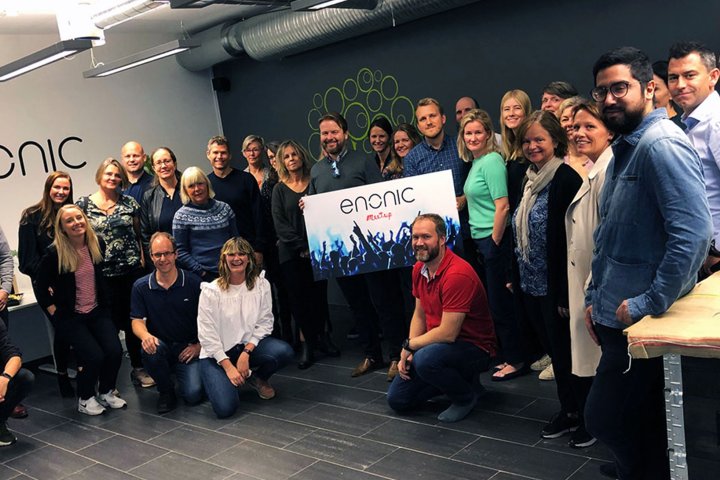
Awesome Developer Experience
As Steve Balmer used to say: Developers, developers, developers! Discover how the Enonic team has gone out of its way to offer the best possible developer experience.

API First
Enonic provides out of the box APIs for every need—but equally important, the ability to augment, extend, and build your own.
- GraphQL
- JavaScript/TypeScript
- Pluggable
Front-end Agnostic
Use our framework or bring your own! We have out of the box integrations with popular frameworks.

Smooth SDK
Developers can enjoy an extensive SDK to build solutions and customize the platform. Our CLI gets you started in minutes and provides everything you need.
Get started

More Than a Headless CMS🪄
Run server-side applications with JavaScript/TypeScript. Build APIs, sites, web apps, background tasks, admin tools, and integrations with ease.
- Enonic Apps
- NoSQL storage
- Starters & libs

Microservice Architecture
Enonic is highly modular, almost like an OS. Deploy independent Enonic apps that provide or extend functionality.
- Hot deploy
- Standard apps
- Custom code

Multi-environment
Enonic is built for professional development. All changes are deployed via code, with full support for custom build pipelines and automated testing across your production and test environments.
- CI/CD
- Agile development
- Config management

Take the Next Step
Visit our Developer Portal to gain access to documentation, tutorials, downloads, licensing, and more.

Community
Join our engaged community on digital as well as physical arenas to share knowledge, and to receive or provide help.
- Forum
- Slack
- Meetups

Solution Partners Ready to Assist
With Enonic, you will never be left on your own if you need implementation assistance. We have a solid partner network with professional and well-known system integrators.